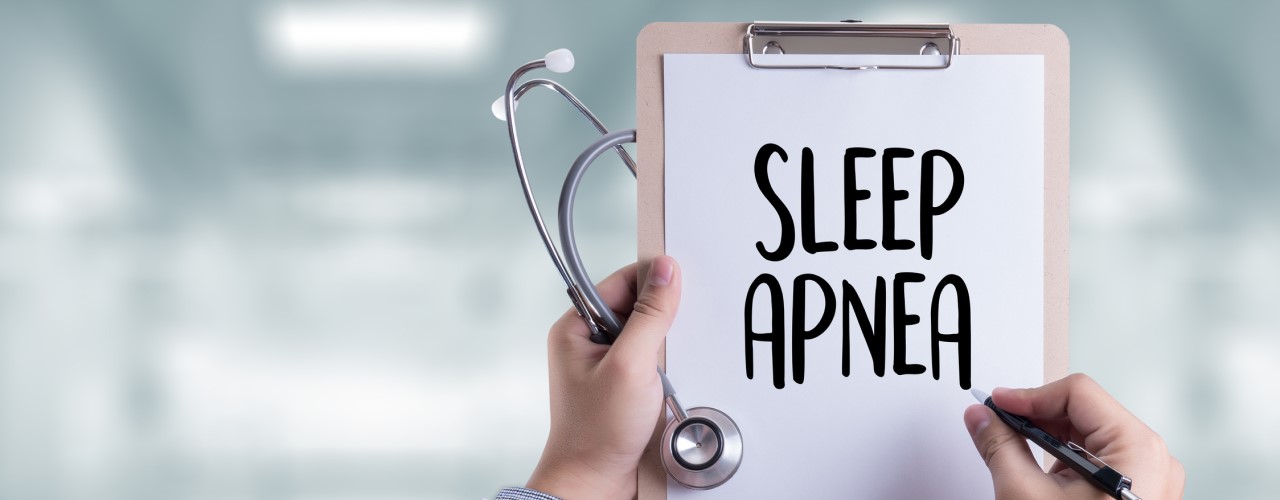All about Sleep Apnoea
Suffering from Sleep Apnoea can mean severely disrupted nights and feeling like you never get enough rest. This is a condition that can have a number of different causes, and affect both adults and children, but which always results in disturbed sleep patterns and problems during the day as a result. If you, or someone in your family suffers from Sleep Apnoea, there are various treatments available.
What is Sleep Apnoea?
When you’re suffering from Sleep Apnoea, you are basically experiencing an obstruction of your airways at night. When this happens, the airways become narrowed and this can make it difficult to breathe. As a result, someone who has Sleep Apnoea may have irregular breathing or snoring, and breathing disruption can wake you up while your body tries to get back to a normal breathing pattern. This is why nights can feel so disturbed and restless with Sleep Apnoea. The most common symptoms of Sleep Apnoea are:
- Restlessness and sweating at night
- Frequently waking up
- Struggling to focus or concentrate during the day
- Loss of appetite
- An increase in mental health issues, such as anxiety
What are the causes?
There is no one single cause of Sleep Apnoea and this can vary from person to person. In children who suffer from Sleep Apnoea, enlarged tonsils and adenoids are most likely to be the reason for this issue. Conditions such as sickle cell anaemia and Down’s Syndrome can also be the cause, as well as childhood obesity. In adults, the cause of Sleep Apnoea is much more varied and could include:
- Nasal issues. This could be anything, from a blockage to allergies or sinusitis or a deviated nasal septum.
- A problem related to the throat. Adults can suffer Sleep Apnoea due to throat issues such as tonsillitis or an elongated uvula.
- Neck problems. Sleep Apnoea can be caused by something like a larger neck size due to obesity, as well as thyroid issues or enlarged lymph nodes.
- Voice issues. Here, the condition could be triggered by something like acid reflux.
Dealing with Sleep Apnoea
We all need sleep to function fully - and happily - in our daily lives so if you’re struggling with Sleep Apnoea then it’s essential to get help. A sleep study is usually the simplest and fastest way to diagnose Sleep Apnoea and this can often be done at home. It will involve monitoring breathing, heart rate and oxygen levels to see what’s really going on at night. Treating Sleep Apnoea depends on the root of the problem and whether it is being caused by the neck, throat, noise or voice. For example, if the issue is enlarged tonsils or adenoids then an operation can be arranged to remove these. Other possible treatments include nasal steroids or nasopharyngeal airway treatment.
Sleep Apnoea is uncomfortable and disruptive and can make it difficult to function during the day if you’re a regular sufferer. It’s important to get checked out so that you can find a solution that allows your body to get the rest that it needs every night.










